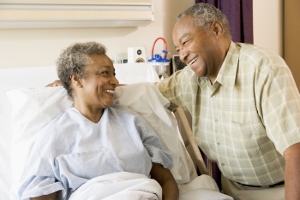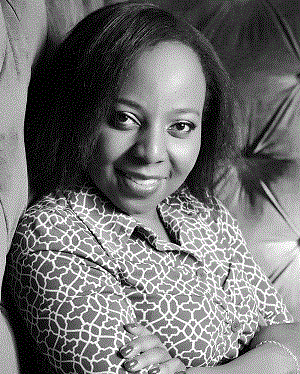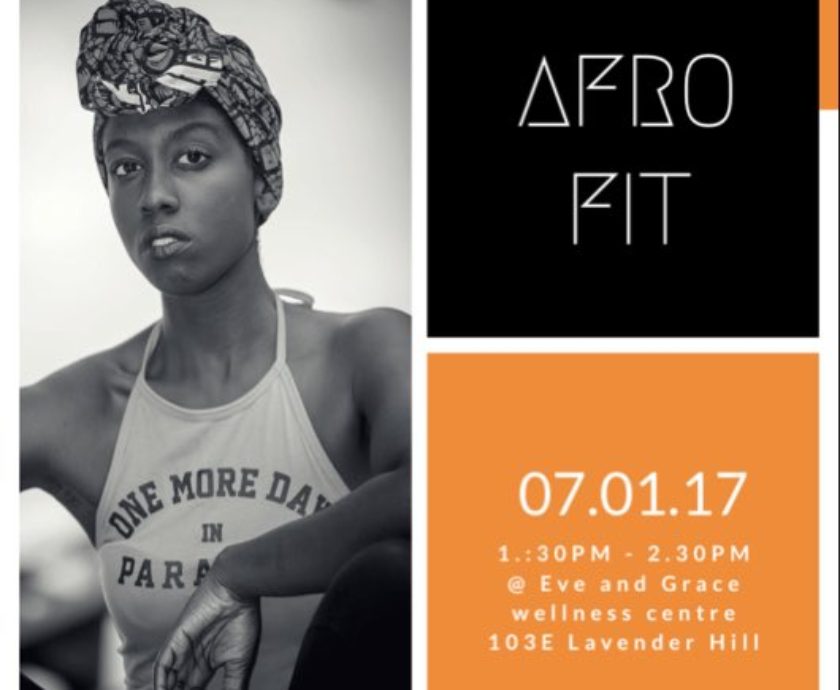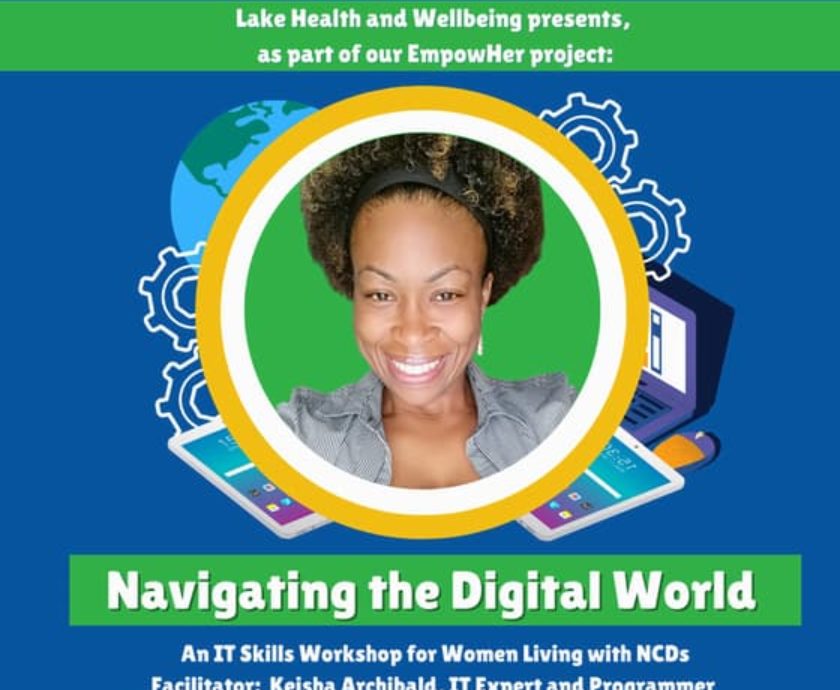Last week, we attended Croydon Clinical Commissioning Group’s (CCG) Annual General Meeting. This was an interesting meeting that gave us the opportunity to learn more about the work of the CCG and what health challenges residents of Croydon face.
What are Clinical Commissioning Groups (CCGs)?
For those of you who might not be familiar with Clinical Commission Groups they are groups of GPs who work together to plan and develop local health services in England. They do this by buying health and care services such as planned hospital care, urgent and emergency care, community health services and mental health and disability services. CCGs are a fairly new concept and were established in 2012 partly replacing Primary Care Trusts. There are 211 CCGs in England covering the 8,000 GP practices across the country.
Connecting with the Public Through their AGMs
Each CCG holds an annual general meeting (AGM), which is open to the public, to provide an overview of their work during the previous financial year. We decided to attend Croydon CCG’s AGM to get a feel for what health conditions need a bit of focus and to understand if The Lake Foundation can address any of the challenges that might exist.
Croydon CCG’s AGM
Croydon CCG’s annual general meeting began with a welcome by Dr Tony Brzezicki, the clinical chair of the CCG, and this was followed by short presentation from Paula Swann, the Chief Executive, who gave an overview of the CCG’s achievements and performance for the 2014/2015 year. From Ms Swan’s presentation we learnt that the CCG has been focusing on community and mental health services and has been transforming the way that care is delivered in Croydon by developing new care pathways for cardiology, COPD, diabetes, musculoskeletal and falls. Additionally they have provided better access to care for people with mental health problems through a range of new initiatives and have supported patients with diabetes through their diabetes management course. Furthermore patients with heart problems are now seen and treated more quickly in community clinics and children with asthma have better support through Croydon’s paediatric asthma service.
Ms Swan stated that the areas that need focus include improving waiting times in A&E, ambulance response times and the quality of care for people with learning disabilities.
The focus then switched to mental health and this was a very interesting and eye opening session that highlighted the extent to which Croydon residents are affected by mental illness. Firstly we heard from a patient who talked about her long journey with mental illness, she spoke of her ups and downs and commended that great work that local charities have played in providing her with support. She specifically mentioned Mind In Croydon whose many services have helped her manage her condition and “live well with my mental health needs.” This really inspired us and clearly demonstrated the significant impact that local charities can have.
We then heard from Dr Bobby Abbot a GP and the CCG’s clinical lead for mental health. He provided an overview of the impact of mental health in Croydon stating that 1 in 6 Croydon (67,000 people) residents have a mental health problem at any one time, half of all lifetime mental health problems begin before the age of 14 and that poor mental health affects a person’s physical health, education, employment, relationships, finances and housing. When he discussed who was most at risk it made for grim reading (or should I say listening) for the black community. He stated that the black community are seven times more likely to be affected by psychosis. Additionally he mentioned that anxiety and depression are the most common mental health issues in Croydon and these problems are projected to increase by 5% over the next couple of years.
To address the aforementioned mental health problems a number of services are being developed or expanded and these include: Personality Disorder Service, Early Detection Service, Primary Care Mental Health Support and Extension Home Treatment, just to name a few.
Finally we heard about the CCG’s work on Out of Hospital and Integrated Care. This work included developing or improving the following: co-ordinated care, roving GPs (for fast support), rapid response, rapid acute medical unit (for integrated care), end of life care and the pharmacy discharge pathway.
Our Thoughts
This was a very interesting meeting giving a good overview of some of the health issues facing residents in Croydon. It once again highlighted the need to address mental health in the black community and we’re now going to go away and think about this and explore what approach we can take on this matter.
You Can Get Involved
You can get involved in the work of the CCG and help shape the way that health and social care is delivered in Croydon. The CCG has a Patient and Public Forum which meets regularly. We encourage you to attend to ensure that the views of the African and African-Caribbean community are represented as services are being developed. For more information please email getinvolved@croydonccg.nhs.uk












